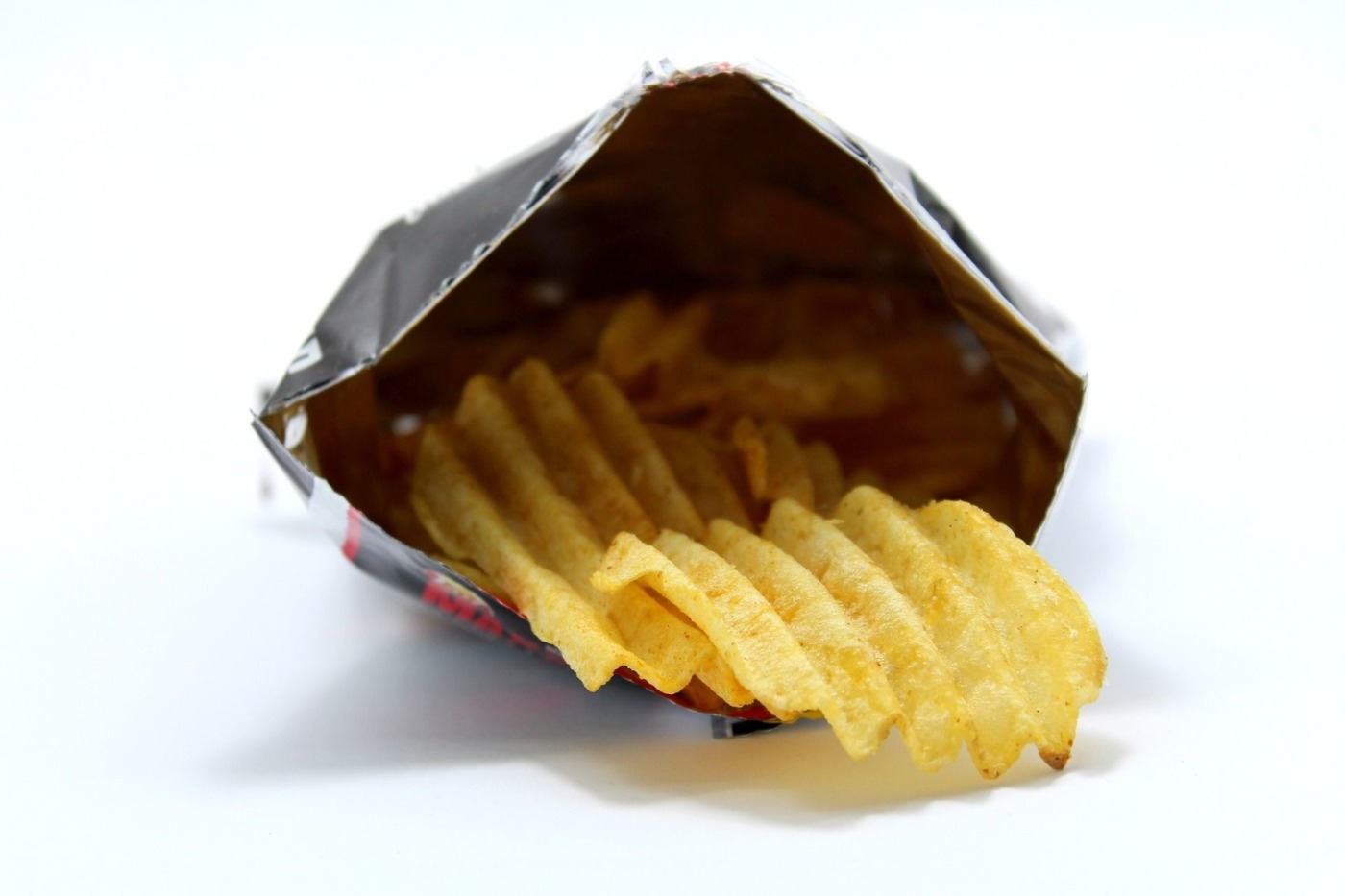Saving the environment will happen one crisp packet at a time
An individual’s initiative has led to Walkers declaring that people will be able to mail their crisps packets to a recycling company for free from December onwards. It all began with an online petition calling on Walkers and other crisps manufacturers to make their packaging recyclable or ideally non-plastic and compostable. The petition, started by Geraint Ashcroft on the campaign group 38 Degrees, has been signed by over 300, 000 people.
People will be able to drop off their crisps packets at one of the hundreds of public access collection points where they will all be sent to the recycling company TerraCycle. Alternatively, packets can also be enveloped and mailed to TerraCycle for free. It is also important to note that any brand of crisps packets can be sent and not just Walkers.
Considering how little power it may seem individuals hold, seeing a single petition leading to such radical action is very empowering
Walkers said that their crisp packaging is technically recyclable but until now they weren’t being separated or collected for recycling. This initiative with TerraCycle will mean that the same plastic packets will be cleaned, shredded and turned into small pellets which will be converted into plastic items.
Walkers’ owner PepsiCo has pledged to make their packaging 100 per cent recyclable, compostable or biodegradable by 2025. This is not so much of an ambitious goal when the company makes many other products with packaging. By 2025, a lot of irreversible damage would have occurred.
However, considering how little power it may seem individuals hold, seeing a single petition leading to such radical action is very empowering. Although the firm said that they had been discussing the introduction of new policies to tackle plastic waste, public reaction to the petition and the mailing back of crisps packets to Walkers by many helped to accelerate the process.
We must not, however, lose sight of the magnitude of challenges and realise that this is a very small, although unprecedented, victory. This policy only tackles the waste due to crisps but there are single-use plastics of many other kinds adding to plastic pollution even as you’re reading this article.
Coca-Cola’s target is to have 50 per cent recycled material in their bottles and cans and recycle one bottle or can, irrespective of source, for every bottle that they sell
The Break Free from Plastic movement collected 187,000 pieces of plastic waste across 239 coastline clean-ups in 42 countries. Most of the pollutants came from Coca-Cola, PepsiCo and Nestle whereas this current initiative is only between PepsiCo and Terracycle. Despite the unacceptable but unsurprising findings by the movement, Coca-Cola and Nestle’s plans to tackle their packaging issues remains a goal for the future.
Coca-Cola’s target is to have 50 per cent recycled material in their bottles and cans and recycle one bottle or can, irrespective of source, for every bottle that they sell. They aim to achieve this by 2030 but whether our seas and oceans and all the forms of life they support can wait that long is a question that Coca-Cola should be asking themselves.
Nestle has made some interesting statements in their defence as well. Not only have they made a goal to make their packaging reusable or recyclable by 2025 (the same timeframe as PepsiCo) but have urged for a need to build proper and effective waste management infrastructure across the globe. Nestle have said that the real problem is improper disposal of plastics.
Currently, majority of plastics that are disposed end up in landfill or are incinerated, that is if they don’t invade our oceans. With plastics being non-biodegradable and recycling individual pieces expensive to the point of economic unviability, Nestlé’s claim is somewhat flawed. For far too long, companies have been using and abusing the environment as a waste sink without giving any consideration to the environment’s ability to cope with the large volumes of waste. They should be better studying and planning the whole life-cycle of their products which, as should be obvious, also includes the packaging.
Nevertheless, public action has shown that businesses can no longer go on seeing caring for the environment as a fancy topic for their website
The local authorities and the governments shouldn’t be entirely responsible for paying to remediate and protect the environment when the damage is occurring due to inaction by business which is causing perpetuation and exacerbation of the issue. It is time that business accepts the damages that they have contributed to through their dormancy and take accountability for the costs that the planet is paying for.
Walkers has been commended for their initiative but how well they will be able to deliver is something we are yet to find out. Nevertheless, public action has shown that businesses can no longer go on seeing caring for the environment as a fancy topic for their website and wherever they fail, the public will force them to place better value on the importance of natural capital.

Comments
Comments are closed here.